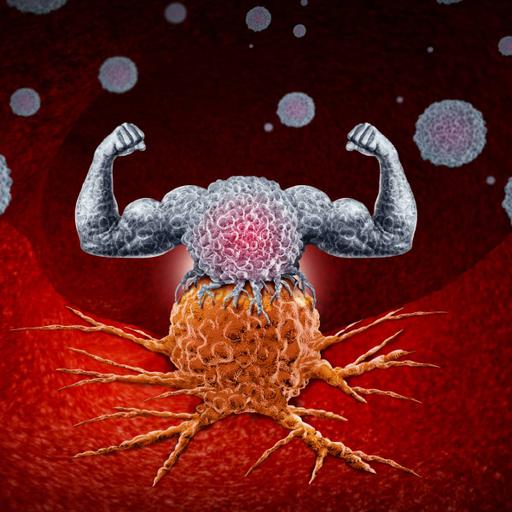Immunology
Presentations | English
Immunology began as a branch of microbiology. The study of infectious diseases and the body’s responses to infections led to the development of immunology. Immunology is an incredibly exciting and broad area of the biomedical sciences. Our knowledge of immunology has grown considerably since Dr Jenner pioneered the smallpox vaccines in the 18th Century by which he is often called the "father of immunology". Immunology intersects with multiple areas of biomedical science from infectious disease and vaccination to the management and treatment of chronic diseases such as diabetes, asthma, allergies, and cancer. It is also now becoming clear that immune responses are key to the development of many common disorders not traditionally viewed as immunological, including metabolic, cardiovascular, and neurodegenerative conditions. Immunology is also fundamental to the life sciences industry; the discipline is core to the development of modern antibody therapies, cellular therapies, small molecule drugs, vaccines and 'biologics' (therapeutic biomolecules).

Free
PPTX (65 Slides)
Immunology
Presentations | English
